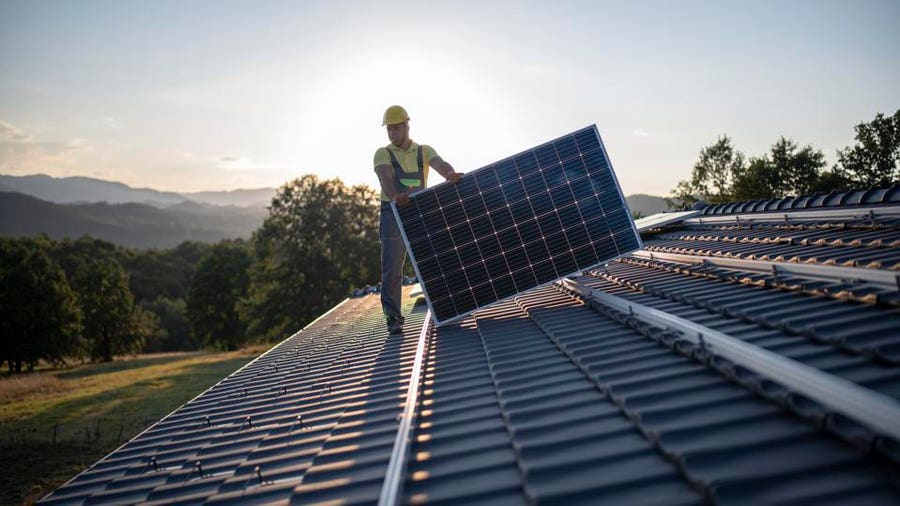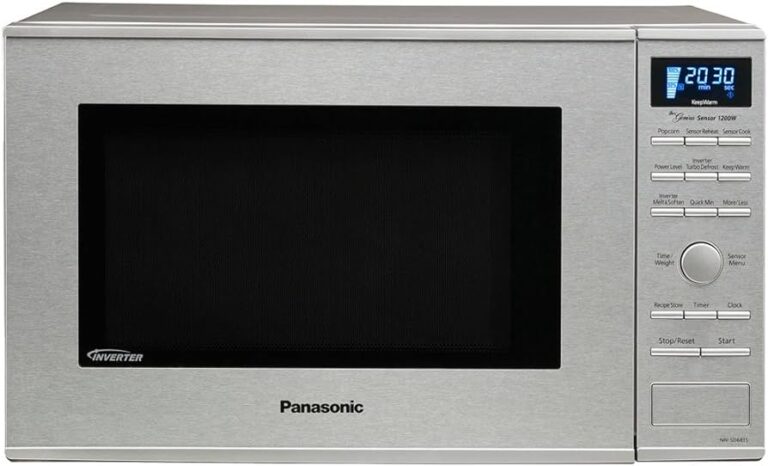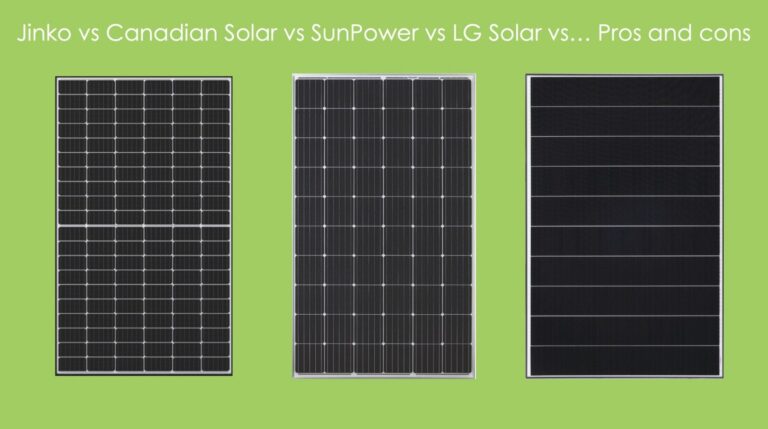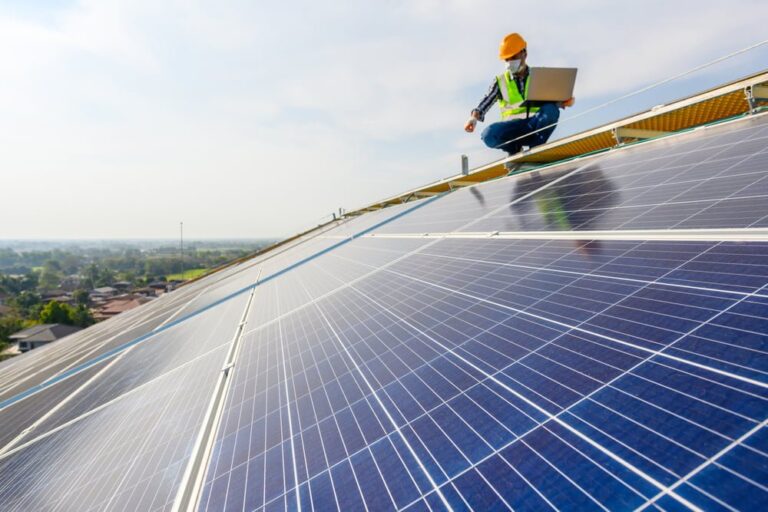Do Solar Panels Replace Roof Shingles? The Truth Revealed!
Solar panels do not replace roof shingles; instead, they are installed on top of the existing roof to generate electricity. Installing solar panels does not require the replacement of roof shingles, allowing homeowners to generate renewable energy without the need for costly roof repairs.

Credit: www.passengerterminaltoday.com
1. The Relationship Between Solar Panels And Roof Shingles
Understanding The Connection And Interaction Between Solar Panels And Roof Shingles
When considering installing solar panels on your roof, it’s important to understand the relationship between solar panels and roof shingles. Many people wonder if solar panels replace roof shingles completely or if the two can coexist. In this article, we will explore the connection and interaction between solar panels and roof shingles.
Solar Panels And Roof Shingles: A Complementary Duo
Contrary to popular belief, solar panels and roof shingles can actually complement each other. Solar panels are designed to be mounted on top of existing roof shingles, allowing for a seamless integration of renewable energy technology without the need for a complete roof replacement.
By installing solar panels on your roof, you not only generate clean, renewable electricity for your home but also provide an added layer of protection to your roof. Solar panels act as a shield, blocking harmful UV rays from directly hitting your roof shingles. This prevents sun bleaching and drying out of the shingles, prolonging their lifespan.
Additionally, solar panels create an air gap between themselves and the roof, allowing air to flow freely. This airflow can help in keeping the roof considerably cooler, reducing the risk of heat-related damage. So instead of damaging your roof, solar panels can actually assist in preserving its integrity.
Important Things To Consider
While solar panels and roof shingles can coexist harmoniously, it’s essential to consider a few aspects before installation. Here are some key factors to keep in mind:
- Roof Condition: Before installing solar panels, it’s crucial to assess the condition of your roof. If your roof is nearing the end of its lifespan or has extensive damage, it may be necessary to replace it before installing solar panels.
- Roof Orientation: The orientation and slope of your roof play a significant role in the efficiency of solar panels. Ideally, roofs with southern exposure and minimal shading are most suitable for solar panel installation.
- Structural Integrity: Solar panels add weight to your roof, so it is essential to ensure that your roof can handle the extra load. Consulting with a professional structural engineer can help determine the structural integrity of your roof.
- Roof Warranty: Installing solar panels may impact the warranty of your roof shingles. It’s important to review the terms and conditions of your roof warranty to understand any potential limitations or exclusions.
By considering these factors and working with a reputable solar installation company, you can ensure a successful integration of solar panels onto your roof while preserving the longevity of your roof shingles.
2. The Benefits Of Solar Panels
Installing solar panels on your roof brings numerous advantages that go beyond just generating clean energy. In this section, we will explore the benefits of solar panels and how they can significantly impact your home and your electricity costs.
Exploring The Advantages Of Installing Solar Panels On Your Roof
Increasing energy efficiency and reducing electricity costs: Solar panels harness the power of the sun to generate electricity, which means you can significantly reduce your dependence on traditional energy sources. By installing solar panels on your roof, you can generate your own clean and renewable energy, resulting in reduced electricity bills. With the ability to offset or even eliminate your monthly electricity expenses, solar panels offer a long-term solution for increasing energy efficiency and saving money.
Ensuring environmental sustainability: One of the greatest benefits of solar panels is their positive impact on the environment. By harnessing the power of the sun, solar panels produce clean energy without emitting harmful greenhouse gases or pollutants. Unlike traditional energy sources, solar energy is renewable, abundant, and sustainable. By switching to solar energy, you can contribute to a greener future and reduce your carbon footprint.
Increasing the value of your home: Solar panels are not only beneficial for the environment but also for your property value. Homes equipped with solar panels are highly attractive to potential buyers, as they offer long-term savings on electricity bills and a clean energy solution. Studies have shown that homes with solar panels can fetch a higher selling price in the real estate market, making solar panel installation a smart investment in the long run.
Enhancing energy independence: By generating your own electricity with solar panels, you become less reliant on the electric grid. This independence provides peace of mind during power outages or grid failures. With solar panels, you can enjoy a consistent and reliable energy supply, reducing the impact of energy fluctuations and price volatility.
Protecting your roof: Contrary to popular belief, solar panels can actually extend the lifespan of your roof. Solar panels act as a barrier, protecting your roof from direct exposure to harsh weather elements such as sunlight, rain, and hail. Additionally, solar panels create an airflow between themselves and the roof, preventing excess heat buildup and reducing the strain on the roofing material. This helps in maintaining the structural integrity of your roof, leading to potential cost savings on roof repairs and replacements.
With the numerous benefits outlined above, it becomes evident that installing solar panels on your roof is a wise decision that not only contributes to a greener environment but also offers long-term energy and financial savings. By harnessing the power of the sun, you can increase your energy efficiency, reduce your electricity costs, and enjoy the many advantages that solar energy has to offer.
3. Installing Solar Panels On Existing Roof Shingles
Installing solar panels on existing roof shingles can be a cost-effective and sustainable way to generate renewable energy for your home. Many homeowners wonder if solar panels can be installed without replacing roof shingles, and the answer is yes! In this section, we will examine the compatibility and considerations for installation.
Can Solar Panels Be Installed Without Replacing Roof Shingles?
One of the main concerns when it comes to installing solar panels on existing roof shingles is whether the shingles need to be replaced or not. The good news is that in most cases, solar panels can be installed without the need for a complete roof replacement.
When installing solar panels, they are typically mounted on racks that are secured to the roof surface. The installation process involves drilling holes into the roof to attach the racks. However, it is important to note that this does not cause any structural damage to the roof shingles, as the drilling is done in a way that avoids damaging the underlying roof structure.
Additionally, solar panels can actually provide protection to your roof shingles. They act as a barrier against the sun’s harmful rays, preventing direct exposure to your shingles. This helps to prolong the life of the shingles, as they are shielded from sun bleaching and drying out. Moreover, the space between the panels and the roof allows for airflow, which helps to cool the roof considerably.
Examining The Compatibility And Considerations For Installation
Before installing solar panels on existing roof shingles, there are a few compatibility and considerations to keep in mind:
- Roof Age and Condition: It is important to assess the age and condition of your roof before installing solar panels. If your roof is nearing the end of its lifespan or has significant damage, it may be recommended to replace the shingles before installing the solar panels. This ensures that the roof can support the weight of the panels and provides a solid foundation for installation.
- Roof Orientation and Shade: The orientation of your roof and the presence of shade can impact the effectiveness of solar panels. Ideally, the roof should have a south-facing orientation and minimal shading from trees or nearby buildings. Shaded areas can reduce the amount of sunlight that reaches the panels, affecting their efficiency. A professional solar panel installer can assess the shading and recommend adjustments for optimal performance.
- Structural Considerations: Before installing solar panels, it is essential to consult with a professional to ensure that your roof structure can support the additional weight. Solar panels are relatively lightweight, but the racks and mounting systems used for installation add some weight to the roof. A structural analysis will determine if any reinforcements are necessary to ensure the safety and stability of the roof.
- Maintenance and Repairs: Solar panel installations may require occasional maintenance or repairs. It is important to consider how these tasks may affect the roof shingles. For example, if repairs or maintenance are needed, the panels may temporarily need to be removed, and this process should be done carefully to avoid damage to the roof shingles.
By carefully considering these factors and consulting with a professional solar panel installer, you can determine if installing solar panels on your existing roof shingles is the right choice for your home. This eco-friendly solution allows you to generate clean energy while potentially reducing your electricity bills for years to come!
4. Roof Replacement With Solar Panels
When considering the installation of solar panels, many homeowners wonder if it is necessary to replace their roof shingles. Understanding the potential impact on the roofing system is important before making any decisions. Let’s explore whether roof shingle replacement is a requirement when installing solar panels.
Is It Necessary To Replace Roof Shingles When Installing Solar Panels?
One of the common concerns homeowners have is whether their existing roof shingles need replacement when opting for solar panel installation. The answer depends on the condition of the roof and its remaining lifespan. If the roof is nearing the end of its lifespan or has significant damage, it may be a good time to consider replacing the shingles along with the solar panel installation.
Here are a few key factors to consider:
- Roof Age: If your roof is already outdated and approaching the end of its lifespan, it is wise to replace the shingles before installing solar panels. This ensures that the roof will adequately support the solar panels for their intended lifespan, avoiding any potential issues down the line.
- Roof Condition: Assess the condition of your roof before proceeding with solar panel installation. If there are signs of significant damage, such as leaks, rotting, or missing shingles, it is best to address those issues by replacing the damaged sections or the entire roof if necessary.
- Structural Integrity: Solar panels add weight to your roof, so it is crucial to ensure the structure can handle this additional load. A professional roofing contractor can evaluate the structural integrity and advise whether reinforcing or replacing the roof is necessary to support the solar panels securely.
Considering these factors will help you make an informed decision regarding roof shingle replacement:
| Factors to Consider | Roof Shingle Replacement | No Roof Shingle Replacement |
|---|---|---|
| Roof Age | Approaching end of lifespan | Relatively new or recently replaced |
| Roof Condition | Significant damage or deterioration | Good condition with minimal issues |
| Structural Integrity | Insufficient to support additional weight | Adequate to handle the added load |
In summary, while solar panel installation does not always necessitate roof shingle replacement, it is crucial to evaluate the age, condition, and structural integrity of your roof. Consulting with a professional roofing company can help determine whether replacing the shingles is necessary to ensure a strong foundation for your solar panels.
5. Evaluating The Cost And Long-term Benefits
Analyzing The Financial Aspects Of Solar Panel Installation And Roof Replacement
When it comes to evaluating the cost and long-term benefits of solar panel installation and roof replacement, it’s important to take a closer look at the financial aspects. Installing solar panels is a significant investment, but it also provides several financial advantages in the long run. Let’s analyze the financial aspects of solar panel installation and roof replacement.
1. Weighing the long-term savings against the initial investment:
One of the key factors to consider when evaluating the cost-effectiveness of solar panels is the long-term savings they offer. Although the initial investment might seem high, solar panels have the potential to significantly reduce your electricity bills over time. By harnessing the power of the sun, you can generate clean energy and offset a considerable portion of your electricity consumption.
2. Evaluating the return on investment (ROI) of solar panels:
Calculating the ROI of solar panel installation involves considering the upfront costs, ongoing savings, and potential incentives or rebates. While the exact ROI will vary depending on factors like location, energy usage, and system size, studies show that homeowners can typically expect a return on their investment within a few years.
3. Understanding the impact on property value:
Another financial benefit of solar panels is their positive impact on the value of your property. Research indicates that homes equipped with solar panels tend to sell at a higher price and faster than those without. This is because potential buyers are attracted to the idea of reduced energy costs and the environmental benefits associated with renewable energy.
4. Considering the lifespan of solar panels:
Solar panels have a long lifespan, often lasting for 25 to 30 years or more. This means that once you recover the initial investment, you can continue to enjoy the benefits of reduced electricity bills for many years to come. It’s essential to factor in the durability and longevity of solar panels when evaluating their cost-effectiveness.
Overall, while the upfront cost of solar panel installation and roof replacement may seem significant, it’s crucial to evaluate the long-term benefits and potential savings they offer. By weighing the financial aspects and considering factors like ROI, property value, and panel lifespan, you can make an informed decision about whether solar panels are right for your home.
Frequently Asked Questions On Do Solar Panels Replace Roof Shingles
Does A Solar Roof Replace Shingles?
Solar panels can replace roof shingles. The solar tiles or shingles will replace the roofing material, allowing you to generate electricity and save on energy costs. However, a solar shingle roof may not always be the best option depending on your specific roof needs.
Do I Need To Replace My Shingles Before Installing Solar Panels?
In most cases, it is not necessary to replace your shingles before installing solar panels. The panels can actually protect your roof from the sun’s rays, preventing wear and extending its lifespan. However, it is important to assess your roof’s condition and consult with a professional to determine if any repairs or replacements are needed before installation.
Does A Solar Roof Replace Existing Roof?
No, a solar roof does not replace an existing roof. The solar tiles or shingles will replace the roofing material itself, allowing you to generate savings on electricity while still having a functional roof. However, a solar shingle roof may not always be the best option depending on your roof’s needs.
What Happens To Roof Shingles Under Solar Panels?
Solar panels can protect roof shingles from sun damage by absorbing sunlight that would otherwise bleach and dry out the shingles. Additionally, the airflow between the panels and the roof can help cool the roof. However, solar panels do not replace roof shingles, but rather work in conjunction with them.
Conclusion
Solar panels can indeed replace roof shingles, providing both energy efficiency and cost savings. By installing solar panels, homeowners can generate their electricity while also protecting their roof from sun damage. It’s important to consider the specific needs of your roof and consult with a professional to determine if solar shingles are the best option for you.
Remember, solar panels are not a direct replacement for your roof, but they can extend its lifespan. Embrace the benefits of solar energy and make an eco-friendly choice for your home.







